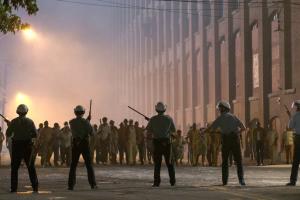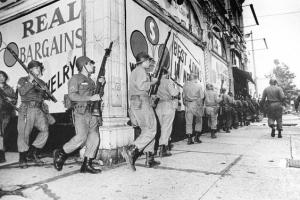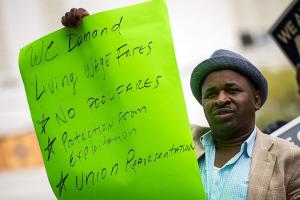Trump Asked What Minority Americans Have to Lose by Voting for Him. We Now Have a Clear Answer.
Vox
 During the election Donald Trump made his pitch to black and Latino voters: “What do you have to lose?” Six months into his presidency, Trump is giving a very clear answer: quite a lot, actually. During the campaign Trump was clear about his commitments to rolling back racial justice and civil rights gains, fashioning his campaign on a “tough on crime” and “law and order” platform that many racial minorities recognized as a dog whistle for racist policies.
During the election Donald Trump made his pitch to black and Latino voters: “What do you have to lose?” Six months into his presidency, Trump is giving a very clear answer: quite a lot, actually. During the campaign Trump was clear about his commitments to rolling back racial justice and civil rights gains, fashioning his campaign on a “tough on crime” and “law and order” platform that many racial minorities recognized as a dog whistle for racist policies.










Spread the word